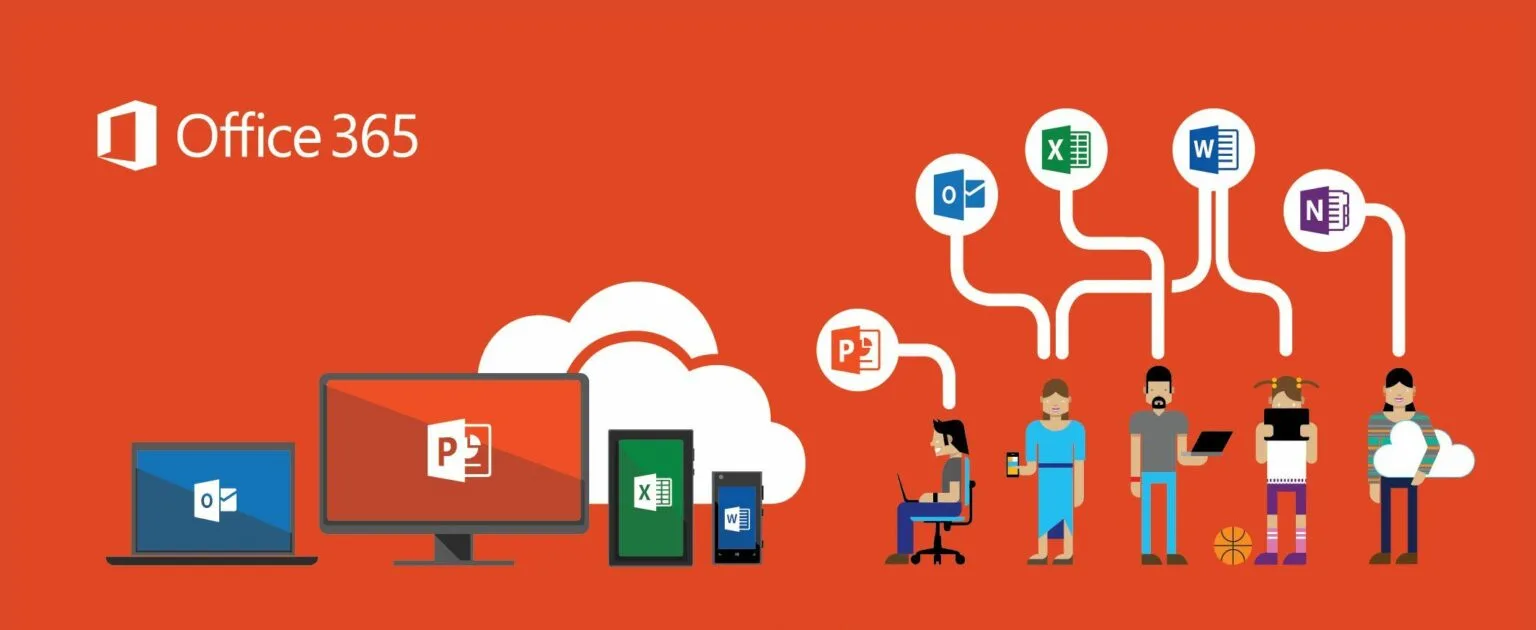How does Microsoft 365 E3 handle API integrations with third-party tools?

Microsoft 365 E3 supports robust API integrations with third-party tools through Microsoft Graph and other REST APIs. These APIs enable secure access to data and services, allowing organizations to create custom workflows and connect external applications seamlessly.
API Integration in Microsoft 365 E3
Microsoft 365 E3 provides a versatile platform for API-based integrations. With its powerful APIs, businesses can enhance functionality, improve collaboration, and automate workflows.
1. Microsoft Graph API
Microsoft Graph is the primary API for integrating with Microsoft 365 services.
- Unified Endpoint: Provides a single endpoint to access Microsoft 365 services like Teams, Outlook, SharePoint, and OneDrive.
- Extensive Capabilities: Supports operations such as retrieving emails, managing files, and monitoring user activities.
- Real-Time Updates: Integrates with webhooks for event-driven workflows.
2. Security and Compliance APIs
Microsoft 365 E3 includes APIs for security and compliance needs.
- Security Graph API: Integrates with security tools for threat detection and incident response.
- Audit and Compliance APIs: Retrieves audit logs for regulatory reporting and monitoring.
3. Power Platform Integrations
Microsoft 365 E3 works seamlessly with Power Platform tools to enable low-code solutions:
- Power Automate: Automates workflows between Microsoft 365 and third-party applications.
- Power BI: Extracts data for advanced analytics and reporting.
- Power Apps: Builds custom applications using data from Microsoft 365 and external APIs.
4. Third-Party Tool Compatibility
Microsoft 365 E3 APIs support integration with various third-party applications:
- CRM Systems: Connects with Salesforce, HubSpot, and Zoho CRM.
- HR and Productivity Tools: Links to Slack, Trello, and Asana.
- Custom Applications: Developers can create bespoke integrations using SDKs and REST APIs.
5. Authentication and Security
API integrations leverage Microsoft’s secure authentication framework:
- Azure Active Directory (AAD): Ensures secure access with OAuth 2.0.
- Conditional Access Policies: Restricts API access based on user location, device, or role.
- Token-Based Authentication: Supports short-lived access tokens for secure transactions.
Benefits of API Integrations with Microsoft 365 E3
| Feature | Benefit |
|---|---|
| Unified Access via Graph API | Simplifies data retrieval from multiple services. |
| Secure Authentication | Protects data with enterprise-grade security protocols. |
| Real-Time Syncing | Enables dynamic updates for seamless workflows. |
| Custom Application Support | Tailors solutions to specific business needs. |
Why API Integrations Matter
- Enhanced Collaboration: Connects tools for a unified user experience.
- Improved Efficiency: Automates repetitive tasks with custom workflows.
- Scalable Solutions: Supports complex integrations for growing businesses.
Conclusion
Microsoft 365 E3’s APIs provide a secure and versatile way to integrate with third-party tools, enabling businesses to optimize workflows and enhance collaboration. With robust authentication protocols and seamless compatibility, API integrations are critical for modernizing business processes.
Streamline Your Integrations with Medha Cloud
Medha Cloud specializes in helping businesses connect Microsoft 365 E3 with third-party tools for maximum efficiency.
Topics

Sreenivasa Reddy G
Founder & CEO • 15+ years
Sreenivasa Reddy is the Founder and CEO of Medha Cloud, recognized as "Startup of the Year 2024" by The CEO Magazine. With over 15 years of experience in cloud infrastructure and IT services, he leads the company's vision to deliver enterprise-grade cloud solutions to businesses worldwide.

